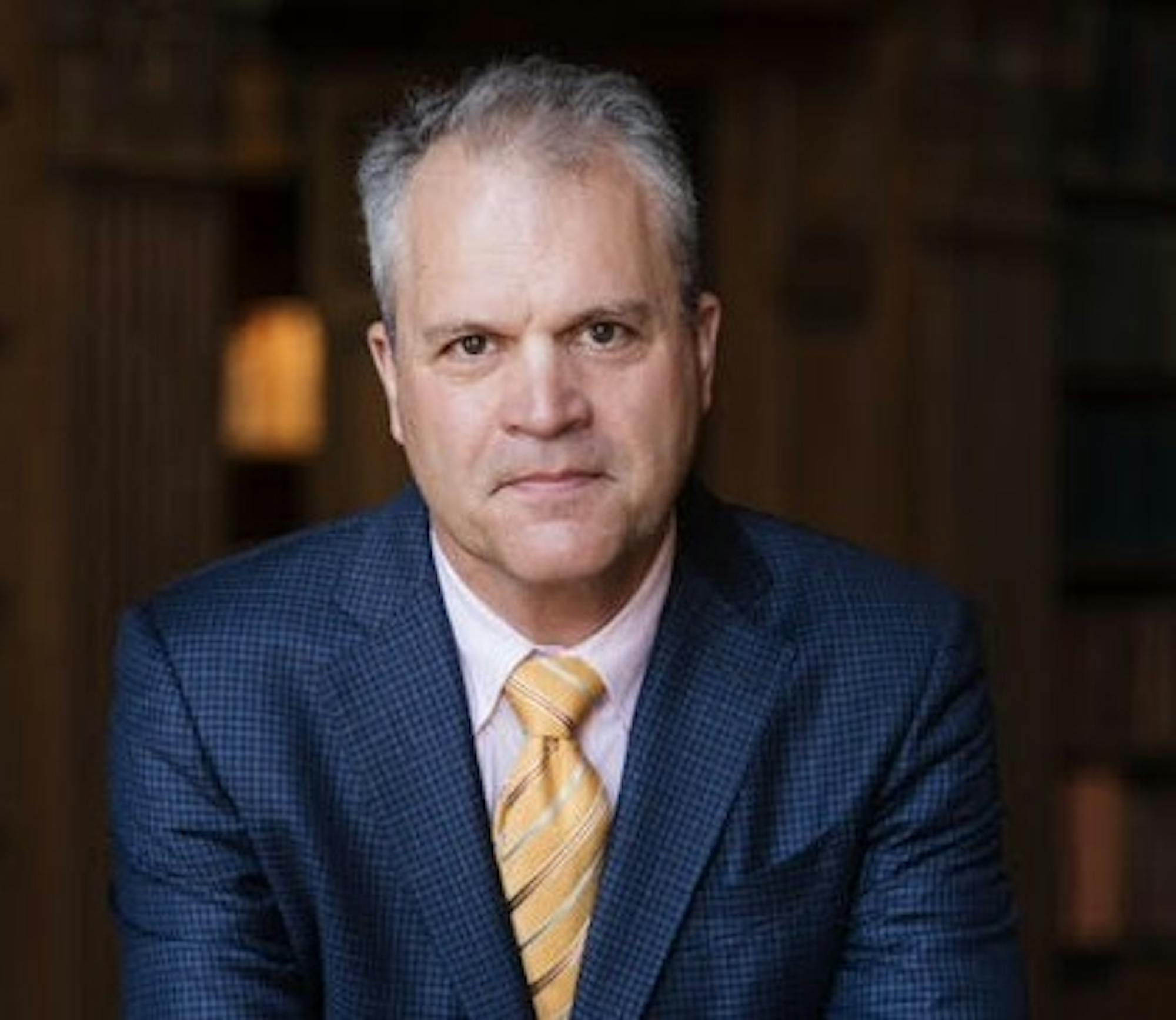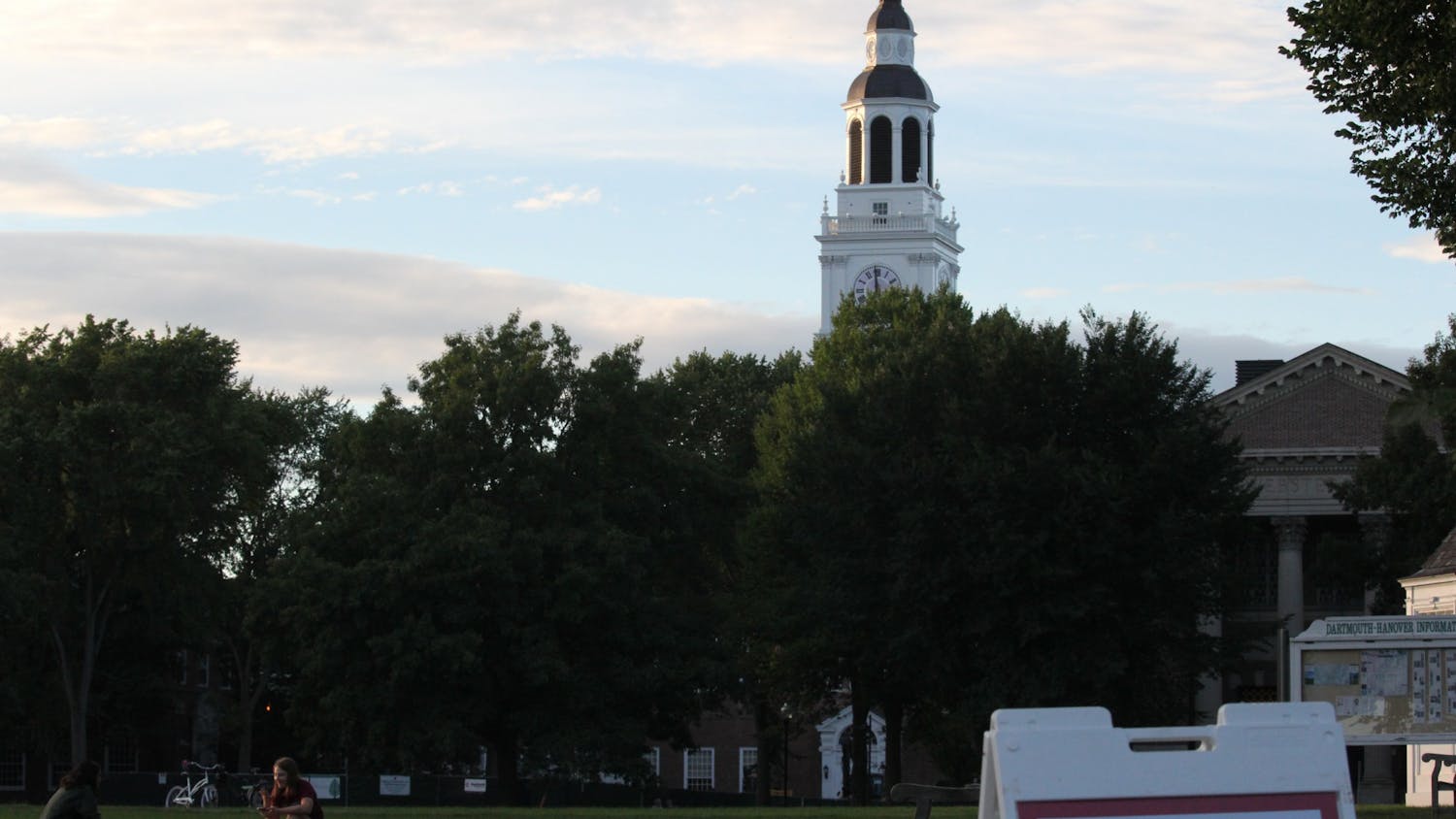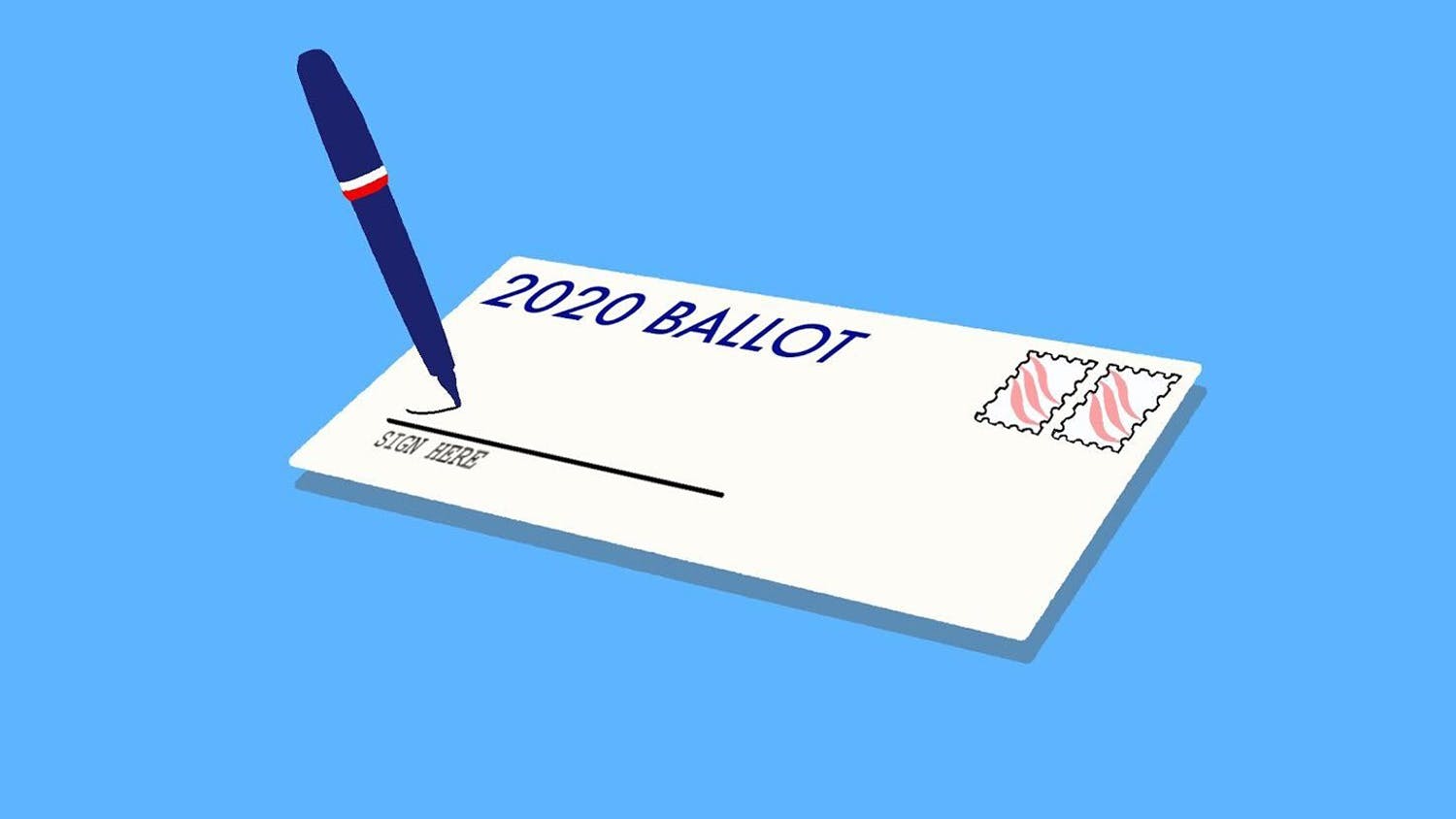As one of the four candidates poised to fill Hanover and Lyme’s four seats in the New Hampshire State House of Representatives, government professor Russell Muirhead is presumed to be sworn in this January. Much of his recent research has focused on political polarization in the U.S., and he recently authored a new book, “A Lot of People Are Saying: The New Conspiracism and the Assault on Democracy.”
The Dartmouth sat down with Muirhead to discuss his policy proposals and his perspective on today’s election.
How do you anticipate balancing your responsibilities as both a legislator and a professor?
RM: This is a citizen legislature, an amateur legislature. Many people in it combine their public service with a professional life. It's not easy for anybody, but it's part of what makes the legislature work. The D-Plan makes it possible to teach in the summer. And in the fall, the legislature is not in session. If we were on a semester system, it would be a lot harder to combine legislative service with the work of a full-time professor.
I'm also looking forward to bringing what I learned about the real practice of legislation to my classes in the government department.
When did you first consider running for office?
RM: It crossed my mind when I was a junior faculty member. I was in my thirties. A senior colleague told me that if I did it, I'd never get tenured because it would convey to my profession that I wasn't serious. And then to tell you the truth, I forgot about it. There's nothing like having children to make you forget about almost everything.
Then I wrote “A Lot of People Are Saying: The New Conspiracism and the Assault on Democracy.” I thought I was sort of describing something on the margins of politics, but I didn't think that our politics would come to be enveloped by conspiratorial thinking. As the attack on reality became more and more extensive, I came to think that it was time not just to write another book, but to try to do something that makes a lot of sense, like running for office.
What is the most critical issue that you hope to tackle during your upcoming term?
RM: It's important to make the process of democracy rock-solid so that it elicits confidence from citizens. I think one way we can do that is by getting parties’ self-interested politicians out of the business of drawing district boundaries. I think we can pass an independent redistricting commission. We tried to the last session, and the governor vetoed it. After, the bill was redone to accommodate objections and was vetoed again. I think we can pass that bill this term.
I think we can do some work to make it more difficult for wealthy individuals to shield their identities when they make contributions to local candidates. I also think we can do some really important work to benefit the least advantaged workers in the state.
How do you plan on communicating with your constituents at a time when many people are feeling isolated due to COVID-19?
RM: Just like teachers and students have relied on Zoom, I've been in so many virtual community meetings over the past couple months. There are defects to this, just like there are in the classroom. But there are also advantages. It's a little bit easier to get to a Zoom meeting when you've squeezed something in between other things, so they're well attended.
Now that I'm on campus, I talk to students every day, and so I hope that I won't have to rely on Zoom to learn about what students at Dartmouth are thinking about. I hope I'll be part of this community, and a part of the community in the Upper Valley. When you try to represent people you have to listen a little bit more and talk a little bit less. That's not always easy for me.
What are your plans for student voting rights and other issues impacting Dartmouth students?
RM: I know that the students at Dartmouth have been the most powerful advocates defending the voting rights of students in New Hampshire. They have done an extraordinary job over the last three or four years, in fact. I'm willing to fight for that. But, keep in mind, students don't need to depend on me. Students have done an extraordinary amount of work defending their own interests on this measure, and I'm standing with them. I think anybody who's living in the state paying rent, as students do, deserves to have their rights respected, including the right to vote.
In your article “Will the Election of 2020 Prove To Be the End or a New Beginning?” you argue that President Donald Trump’s frequent lying and attacks on both the press and members of government agencies undermine democracy. If Trump is elected for a second term, how do you think this will affect American democracy?
RM: When Trump's first term started, I said, “We're now going to see a test. Who's going to win — Donald Trump or the founders?”
The founders who designed the presidential office — Alexander Hamilton, mostly — intended it to direct its occupants to a long-term vision and to instill a sense of purposefulness and dignity. I expected that Hamilton would win, and that the office would cause Donald Trump to elevate himself to behave with prudence and self-restraint. The degree to which he has adopted dishonesty as a technique of governing is surprising to me. It is something new, something unique, something dangerous.
I hope that the institutions of constitutional democracy, stressed though they may be, can restrain Donald Trump. I still hope if he were elected to a second term that he might care more about how he will be remembered than he cares about how much acclaim he gets from a very small base.
In your platform, you also bring up the possibility that Trump refuses to engage in a peaceful transition of power. How likely is this to occur? And what happens in response to such an event?
RM: Well, there are certain specific scenarios where there's a very close result in a state like Pennsylvania, and it goes to the state legislature to be decided, and Trump refuses to concede.
Just the fact that it's thinkable is a measure of how the norm of the legitimate opposition has decayed. The legitimate opposition says when the opposition wins, the incumbent walks away peacefully. A great example of it is when George H.W. Bush walks away after one term when he loses to Clinton — graciously, readily. Another great example of it is where Al Gore concedes after the very contested Florida result was decided by the Supreme Court in Bush v. Gore.
Those sorts of concessions are what make democracy. I still hope that even under current conditions, the force of public opinion, the force of the elite opinion in the Republican Party and the force of history will bear down and cause even an officeholder who's reluctant to leave to walk away if he's defeated.
This interview has been edited and condensed for clarity and length.





